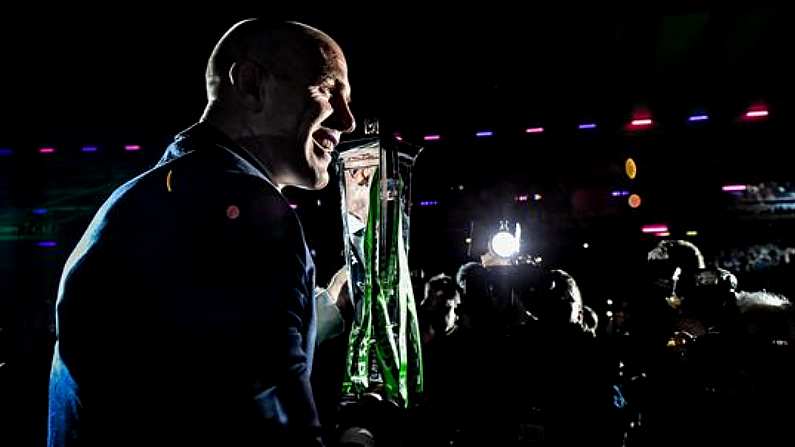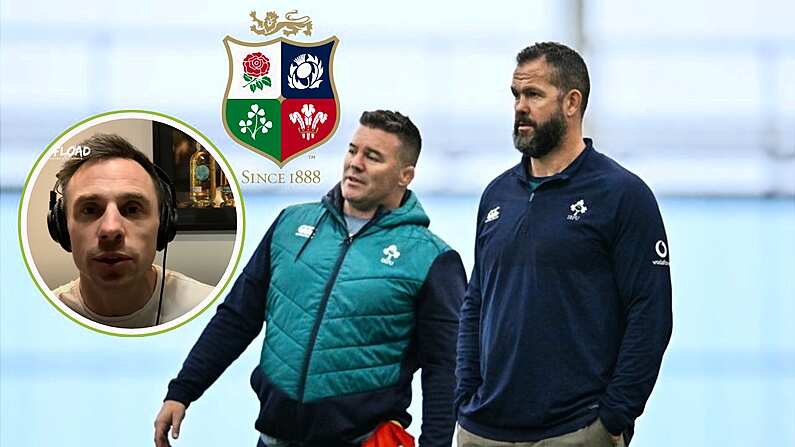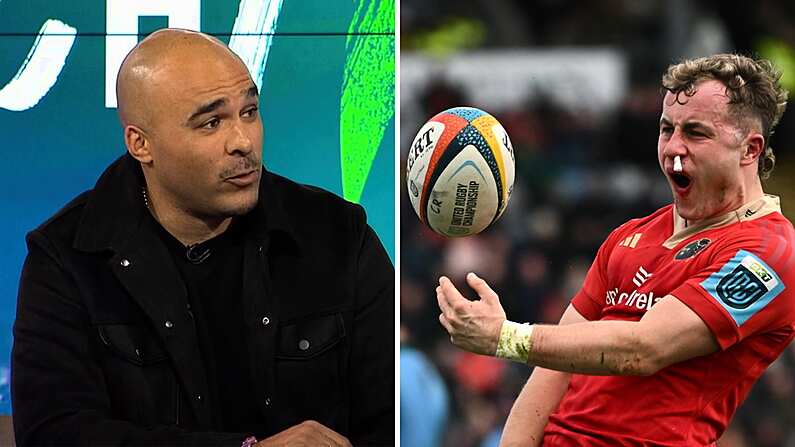Thanks to rugby's former corinthian spirit, Ireland have a chance of doing what no other team has done in the history of the competition.
In the glorious days when rugger men played only for the love of the game and the networking, this business of totting up points difference - a process which has handed Ireland two outright championships on the spin - was regarded as a pedantic exercise unworthy of rugby folk.
They had jobs to go to, after-match pints to sup with opponents, and anecdotes to polish for future after-dinner speeches. They didn’t have time to be calculating points difference.
It wasn't until 1994 that the Five Nations championship was determined by points difference with Wales pipping England to the title despite losing in Twickenham in the final game. Wearing glum faces, they stepped forward to collect the trophy off the minor royalty in attendance. Indeed, it was only the previous year that the winners (France in 1993) were rewarded with an actual trophy.
Prior to that, teams with equal points at the top of the table used to share the championship. France won four championships in a row between 1986 and 1989, though two of them were shared.
Had points difference been applied, Wales would have won the 1988 title outright.
The last team to win three championships in a row - championships that would still hold were points difference retrospectively applied - was Wales between 1964 and 1966.
Naturally, the fact that teams didn't consider points difference has to be borne in mind. If it's stipulated at the outset that points difference could prove decisive then teams will alter their approach in line with that.













